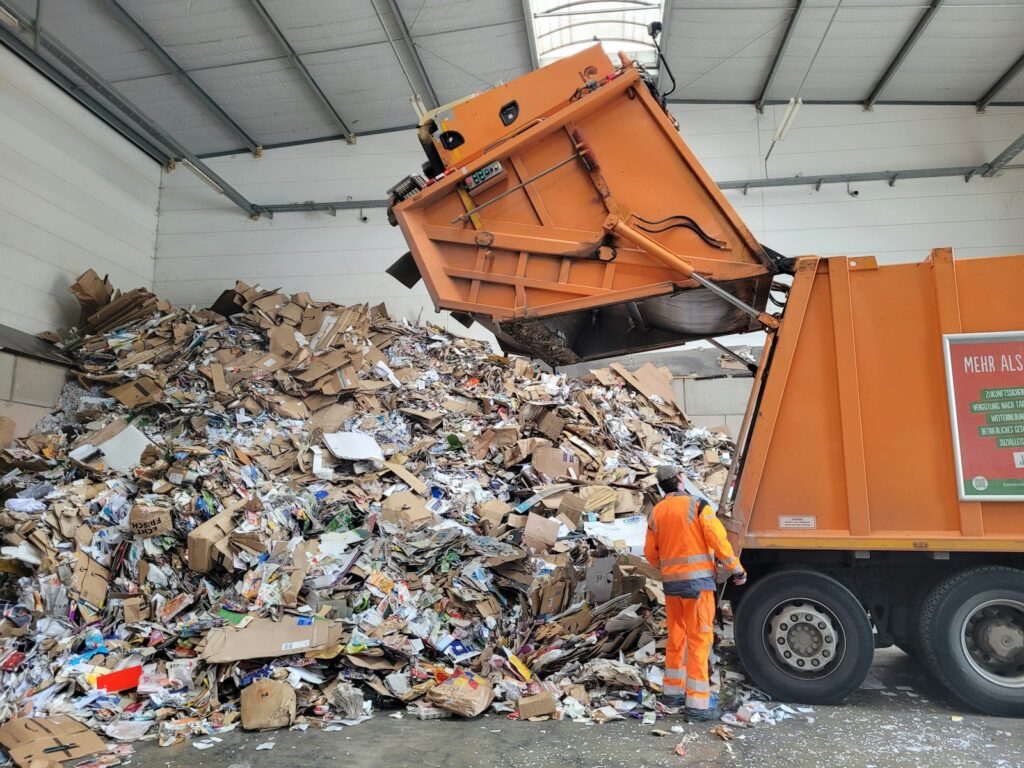One of the biggest contributors to the marine and microplastics crises could be a thing of the past thanks to a British innovation.
Whether it’s plastic mulch films in agriculture, single-use protection food and beauty products, or wraps designed to safeguard electronics, plastic films are everywhere. Including the ocean, where their impact is arguably most visible.
However, the environmental damage doesn’t end there. A major source of soil contamination, through direct disposal and chemical leaching, biodegradable alternatives are urgently needed in a bid to address the issue. Not forgetting efforts to reduce our overall consumption of plastics.
Enter PlantSea, a North Wales startup which believes the answer is in plastic-free, water-soluble films. Design to replace PVOH in packaging, the top line reads well: elastic hear sealable, very long shelf life, complaint with dissolution standards. And, perhaps most importantly, priced similarly to traditional plastic products.
Earlier this month, The Royal Society of Chemistry [RSC] unveiled the winners of its £100,000 Emerging Technologies Competition. Money is split between four victors, who can now begin bringing their products to market and taking the next steps to commercialise the technology. Successful firms include Cardiff Catalysis Institution, which decouples chemical synthesis from industrial hydrogen peroxide production.
Elsewhere, Nanoplume also came out on top, a company working to scale the manufacturing of Bio-Aerogel, a nanoporous, ultra-light biomaterial for cold chain and thermal insulation applications. Meanwhile, Liverpool University also received an honour for it efforts at developing an automated synthetic platform to develop new antibiotic classes. Plantsea was the fourth to receive a share of the funding, winning the Environment category.
‘When it comes to [this category[, the RSC primarily looks for a wide-range of new and exciting chemistry-enabled innovations that assist in the conservation of resources as well as monitoring and reducing environmental impacts such as pollution control and substitution of toxic or hazardous materials,’ says Emily Vipond, Royal Society of Chemistry Entrepreneurship Programme Manager.
‘Previous winners include the University of Cambridge’s H2Upgrade, which transforms industrial waste into high-purity hydrogen to fuel the hydrogen economy. Ignota Labs have also won the award through their AI-powered SAFEPATH platform that has led to understanding the root of safety problems in drug discovery,’ she continues. ‘Last year was ThioTech, who impressed the judges with their sulpher-based absorbents, designed to capture toxic metal residues from water, oil and gas using next-generation absorbents, thereby lowering environmental release and contamination.’
In total, 76 firms have won the Emerging Technologies Competition since it began in 2013, raising more than £250million in equity and grant funding as a result. In the case of PlantSea, we’re told judges were particularly impressed by the performance during testing, and the response of the product developers to initial feedback, which then informed the final pitch. The story of how it got here is also nothing short of inspiring.
‘PlantSea was founded by a group a friends with a shared desire to do something about the lack of functional and affordable replacements for plastic. Frustrated with the slow pace of change, we decided to look to seaweed, an abundant and renewable resource, as the solution to this problem,’ says Dr Alex Newnes, Co-Founder and Chief Technology Officer (CTO), PlantSea. ‘We started in our kitchens, processing biomass and formulating new materials. Like many Scientists, our curiosity turned into an obsession.
‘We extract naturally occurring products from sustainably sourced seaweed and engineer them into a raw material that can directly replace plastic to manufacture water-soluble, biodegradable films,’ Newnes replies when we ask how the technology works. ‘These materials can be used in everyday applications like laundry capsules, cleaning pods, and other packaging formats that are currently dominated by synthetic plastics. Unlike traditional plastics, our films are not petroleum-based and break down safely and quickly in the environment – they don’t leave behind harmful microplastics.’
Despite confidence in how effective Plantsea is, Newnes is quick to point out that tacking the plastic crisis is ‘not just about one technology or company’, and instead requires effort and conversations between industries, the public, and politicians. Simply put, Carter design, policy alignment and systems thinking are necessary to accelerate change. And they also seem to agree with our view on bold green claims, and the need to scrutinise those who make them.
‘You’re right to be cautious of bold sustainability claims. No solution is perfect!
For us, the main environmental considerations lie in the sourcing and processing stages. If seaweed isn’t harvested responsibly, it can risk marine biodiversity and coastal ecosystems,’ says Newnes. ‘That’s why we work closely with local seaweed producers and support seaweed aquaculture. From a processing standpoint, we’re continually optimising our technology to reduce energy and water use. So, while we are significantly lower impact than plastic, we’re not resting on that – we’re focused now on responsible scale up and keep environmental impact front of mind.’
Image:Homo Studio / Unsplash
More Case Studies, Features and Industry Insights:
Standardisation and accreditation: rebuilding trust in carbon markets
Who cleans up this mess? African oil spills, corporate ‘responsibility’
Rapid Adaptation Pathways Assessment toolkit helps councils mitigate climate change


















